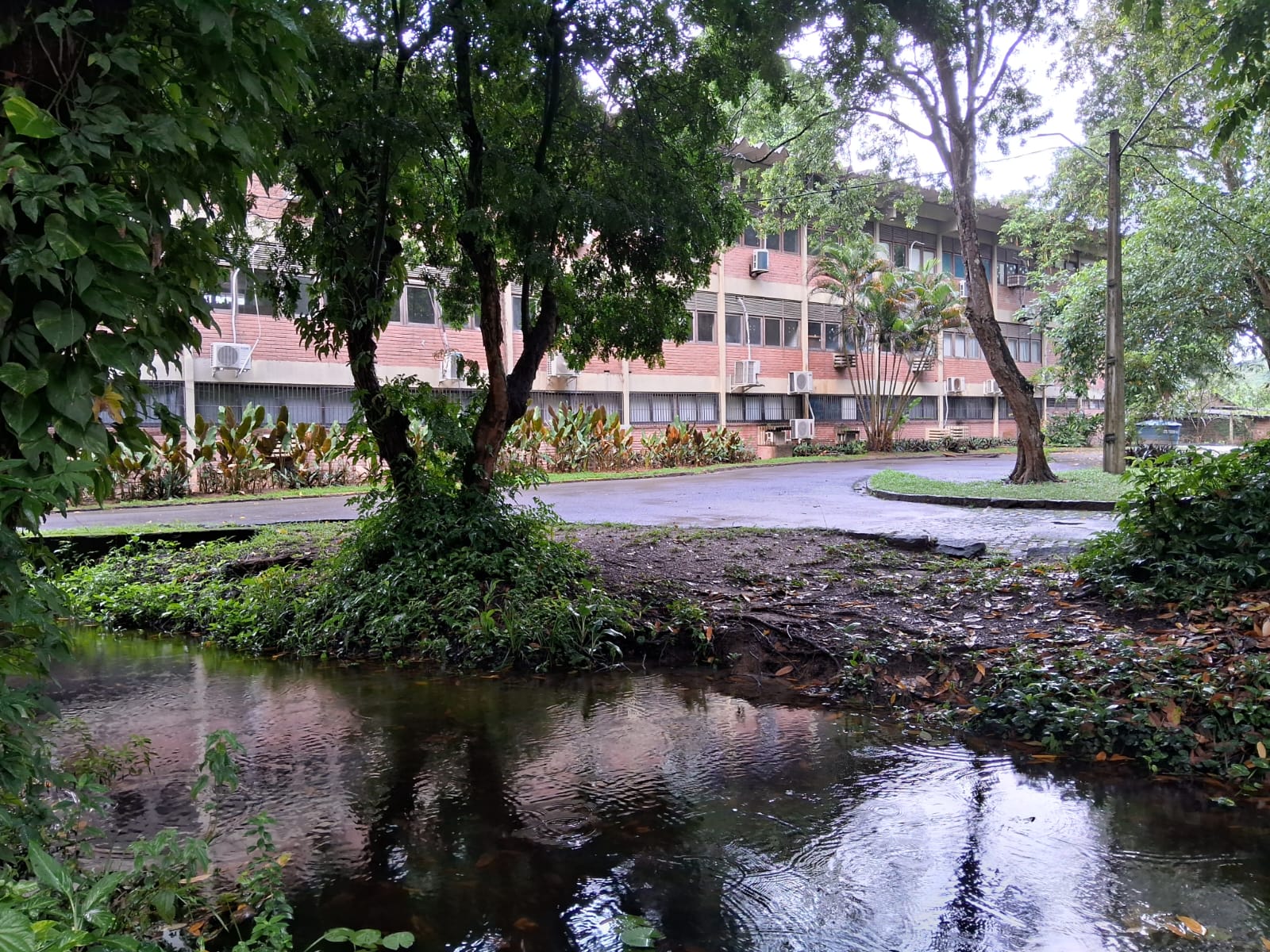History
The Graduate Program in Environmental Engineering (PPEAMB), offering master's and doctoral degrees, at the Federal Rural University of Pernambuco (UFRPE), formally began its activities in March 2013, with the recognition of the Academic Master's degree by CAPES.
PPEAMB's mission is to elevate national scientific standards by training professionals of excellence who can contribute to teaching, research, and academic outreach, as well as management, fostering the advancement of scientific and technological knowledge in Environmental Engineering within the field of Environmental Technology and Management in Brazil, while being attentive to the complexity, plurality, and diversity of society's aspirations.
CAPES Rating and Scholarships
The program currently holds a CAPES rating of 5 and receives scholarships from CAPES, CNPq, and FACEPE (Foundation for the Support of Science and Technology of the State of Pernambuco). Additionally, it hosts international students who receive scholarships from their home countries or international organizations.
Program Objectives
The objectives of PPEAMB are:
Objective 1: Provide a technical-scientific foundation that enables professionals in training to recognize, assess, and mitigate the environmental impacts resulting from anthropogenic activities that lead to the degradation of natural resources and the environment, compromising quality of life and ecosystems.
Objective 2: Create the conditions necessary for training master's and doctoral-level faculty and researchers in the field of Environmental Engineering, for both the public and private sectors.
Objective 3: Strengthen the interaction between the Graduate Program in Environmental Engineering and undergraduate programs at the Federal Rural University of Pernambuco, particularly the Environmental Engineering undergraduate program, encouraging students to enhance the scientific rigor of their studies.
Objective 4: Promote national and international exchange of students, faculty, and researchers with leading universities in Brazil and worldwide, deepening existing partnerships and identifying new strategic collaborators.
Objective 5: Foster collaboration between academia, industry, government, and public and private sectors representing society, identifying challenges within business and industrial ecosystems, as well as in urban and rural management, to overcome productivity bottlenecks and develop adaptation strategies for climate change and extreme events.
Objective 6: Encourage technological innovation and the incorporation of good governance principles, aligning with ESG (Environmental, Social, and Governance) principles through partnerships with the productive sector for the development of products and processes, increasing national participation in patent registrations in accordance with relevant legislation.
Objective 7: Expand the dissemination of technical and scientific findings resulting from research through active use of communication channels with society, including social media, institutional websites, and the press, sharing knowledge and strengthening the perception of Public Universities as a societal asset.
Objective 8: Promote the continuous improvement of PPEAMB's technical-scientific quality (human resource training, academic production) and social impact through systematic and periodic self-evaluation, equipping the program with self-adjustment mechanisms.
Programa de Pós-Graduação em

